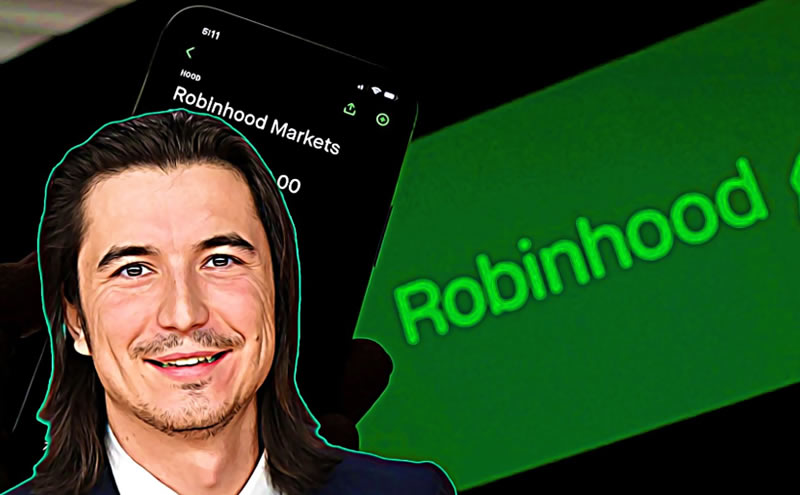Just recently, Robinhood (NASDAQ: HOOD), a popular platform for stock trading, revealed that it is extending its trading hours. The new trading hours run from 7 a.m. to 8 p.m. eastern daylight time (EDT). Usually, U.S markets open at 9:30 a.m. and close at 4 p.m. EDT, so Robinhood clients have about six and half hours beyond regular trading.
Well, this offer is enticing actually. I see Robinhood's user base increase in the short term. Hobby traders with day-time jobs would most especially benefit from this service since they will have time to check their portfolios and make critical money-making moves. It's good that Robinhood finally listened to the cravings of their customer who had been clamoring for this extended hour trading period.
If you just stumbled on this stock for the first time, well, Robinhood (NASDAQ: HOOD) is a stock trading platform that became popular during the Reddit-fueled war on Wall Street. Robinhood is popular because it charges zero fees for stock trading. So, this news of extended hours had an enthusiastic response among retail traders. The share price jumped 25%.
With all these said and done, would I buy Robinhood stock because of this news? No, I won't. I see no competitive advantage here.
Robinhood is close to operating 24-hours a day, seven days a week. Competitors like Fidelity and Charles Schwab already have near 24/7 investing features. Other platforms have also announced plans to increase their trading hours.
I also believe that when traders understand what goes on during after-hours trading, they will shy away from it. Experienced traders know that after-hours trading is more volatile than regular hours. So, there is a higher risk of losing money, especially if one is a retail trader. This is because fewer people are in the market, and liquidity is low. Therefore, price tends to fluctuate rapidly during these hours.
There have been stories of people trading away their life savings or retirement earnings on Robinhood with the belief of making a quick income. These are horror stories that tend to scare novice traders from the platform. Asking people to trade with added risk during after-hours would be a sure way to increase these horror stories and dent the company's reputation.
Therefore, I don't believe the extended hours give Robinhood any competitive advantage.
Robinhood Has A Lot To Learn From Its Competitors
When Robinhood (NASDAQ: HOOD) started the business, it became a disruptor in the brokerage business. Its most significant advantage was the zero fees trading, as traders were not charged commissions on options, stocks, and cryptocurrency trading. But the competition has neutralized that advantage. Most brokerages in the industry have now eliminated commissions for their services. In addition, Robinhood is known for attracting the young, tech-savvy population due to its clean design and user experience on mobile devices.
But the company's success has been its Achille's heel. Its success has brought more regulatory scrutiny to the company, and politicians are particularly interested in how it runs its business. In addition, there are reports of several market volatility and untimely outages that have resulted in class-action lawsuits against the company. These actions have been a dent in the company's reputation and gave the competition an edge over it.
While other brokerage services like Fidelity gives the full range of services, including educational services, Robinhood only provides the essential services. To get additional features, an investor has to subscribe to Robinhood Gold. Compared to the competition, the company lacks investing resources.
Also, many investors are bothered about the low transparency of the company compared to other brokerages. For example, it has refused to publish its order flow statistics, making savvy investors shy away from the company due to reduced transparency.
So Is Robinhood A Buy now?
Despite the enthusiastic response from investors about its new after-hours trading feature, Robinhood is a stock that should be on a watchlist. However, it is not a buy for the reasons stated above but a stock with potential. Robinhood is currently trading at USD 13.5 after it got to its 52 weeks high of USD 85. It is down almost 61% over the past year.

















Rate this article